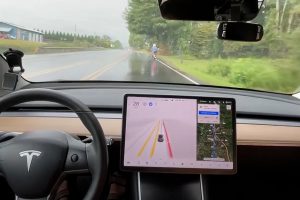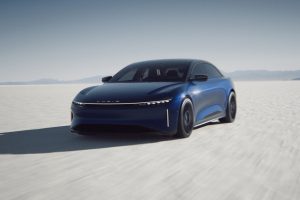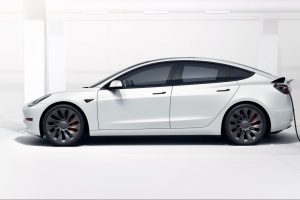Sales of electric vehicles worldwide saw a notable increase in 2020, rising by the end of the year by 43 percent to more than 3 million units. This was amid the existence of a pandemic that led to a fifth slump in overall car sales in 2020. In a way, these statistics illustrate the notion that more and more customers now favor EVs.
The charge was led by Tesla, the world leader in EVs, selling half a million cars during 2020. Thanks to vehicles such as Porsche Taycan and Volkswagen ID.3, both of which have been well received, Volkswagen, a veteran automaker who has also made serious strides in promoting electric mobility, has performed well. Data from Swedish consultancy EV-volumes.com shows that last year, EV sales in Europe actually doubled, moving the country past China as the world’s largest market for electric vehicles.
Viktor Irle, sales and marketing analyst at the Swedish consultancy, claimed in a statement to The Guardian that rising EV sales were partly motivated by government policies aimed at reducing carbon emissions, as well as the fact that electric cars are now viewed as superior to their internal combustion-powered counterparts.
“The political push is still there – [governments] everywhere speak about the green recovery. But the main reason for growth is simple – electric cars are a better technology. There is no noise, no pollution, better acceleration, and cheaper running costs. If people test-drive an electric car, they’re not going to go back to gasoline vehicles. The problem at the moment is that the price is a little bit higher, but the cost is really coming down as well,” Irle said.
Granted, sales of electric vehicles declined below their 2019 figures from March to June 2020. This was understandable considering that those months represented the height of the Covid-19 lockdowns. But EV sales recovered in amazing fashion after this time, and by the end of the year, in December 2019, they were double their pace.
Irle identified several variables that led to these impressive figures. Higher government regulations, for one thing, meant that EV consumers were encouraged to buy clean vehicles. Because of its ease, Tesla’s strategy of directly selling vehicles to customers may also have helped buyers accept EVs more. Interestingly enough, electric cars’ premium rates could also have helped raise their sales figures. “The cheap car segments are always the worst hit in recessions, because it’s not normally high-income people that buy those cars,” the analyst noted.
Ready to join Tesla’s Mission to accelerate the world’s transition to sustainable energy? Feel free to use my referral code to get some free Supercharging miles with your purchase: http://ts.la/guanyu3423
You can also get a $100 discount on Tesla Solar with that code.





